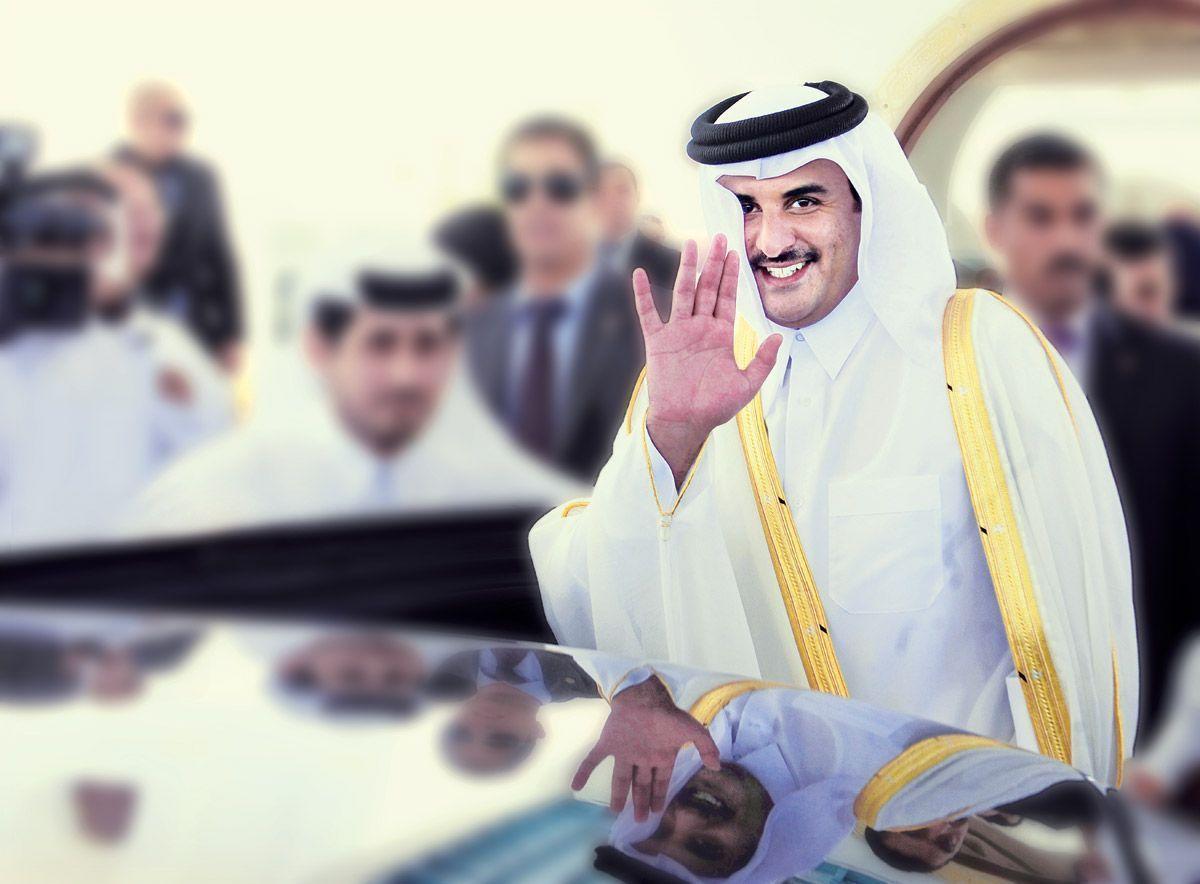Alwaght- Qatar is soon to hold its first parliamentary election. On July 29, the Qatari Emir Sheikh Tamim bin Hamad Al Thani approved eorctorl law to the first legislative vote of the Persian Gulf Arab emirate.
The Qataris will turn out in October to elect two-third of the members of the parliament, which is formally called Consultative Assembly.
According to Reuters, the election, the plans for which were approved in 2003 and in a constitutional referendum, will come nearly a year before the World Cup the country is planned to host next year.
Sheikh Tamim will continue to hold the right to appoint 15 members of the 45-member assembly, will the rest will be elected by public. Under the new rules, the council has the power to legislate and approve major government and budget policies.
The assembly will also oversee the executive branchs of the state, excluding institutions that set defense, security, economic, and investment policies.
Political parties in Qatar, like other Gulf states, are banned from activity. However, local elections have already been held.
Citizens over the age of 18 whose grandfather was born in Qatar can vote under the election law. Candidates must be at least 30 years old and of Qatari origin. One representative from each of the 30 constituencies will run for the Consultative Assembly.
How Is election significant for Qatar?
Qatar is trying to show off as a democracy forerunner among the Arab countries of the Persian Gulf by holding parliamentary elections. The Qatari parliament is not the first parliament to have legislative power among other (Persian) Gulf Cooperation Council member states, but the legislatures in other states, such as the UAE and Bahrain, are largely controlled by the ruling family of these countries and lack real mandate to accomplish the mission they are established for.
Actually, Qatar will hold elections this year to present itself as a progressive Arab power and to show its soft power by strengthening the principles of participation, human rights, and democracy.
From another aspect, Qatar is one of the biggest investors and backers of Western and European media corporations, with the biggest broadcasters, and even sports and cultural clubs, owned by Emir Tamim. Strong financial presence in European sports and media clubs, on the other hand, has led to widespread criticism of the lack of democratic and structured institutions in this Arab country. That is why Qatar is trying to put up a democratic face in public opinion and the international media by holding parliamentary elections.
Will assembly vote democratize Qatar?
But simply holding general election to elect members of an assembly with limited powers does not mean this Arab monarchy is going to be democratized, especially that the current electoral law limits voting rights only to citizens whose ancestors were born in Qatar, and the law states that the candidate's family must have resided in Qatar before 1930— conditions that actually deprives some citizens of the right to vote and hold office.
The law met some citizens' criticism. For example, Al Murrah tribe, one of the biggest across the Persian Gulf, held a gathering in the capital Doha last week, protesting the election restrictions.
In fact, restricting voters and the candidates in Qatar to those who lived in Qatar before the 1930s effectively deprives many of the country's Arab tribes who entered the country after that time of participating in the elections. It seems that the ruling apparatus in Qatar has applied a series of considerations to hold parliamentary elections, which are most affected by ethnic and tribal conditions.
That is while tribes will have an essential role in the vote. Tribal affiliation and structure is still living firm especially in regions far from urban areas, to an extent that there are concerns that tribes vote for people of the own.
This problem exists in other regional states, among them Kuwait, a country will closest similarities to Qatar. Researches show that tribal and sectarian affiliations are put before the voters' political preferences in Kuwait. More importantly, it is not just about the election being influenced by sectarianism and tribalism. Rather, sectarianism poses a risk to the whole country. The tendency to tribalism even wakes up stronger as some tribes that migrated to Qatar after the 1930s are destitute. Perhaps Qatar was better to remove these restrictions to grant an opportunity to all tribes to participate and seek representation. There is no doubt that marginalization of some tribes will leave long-term impacts on this Arab country in the form widening the sectarian borders.
Meanwhile, it is noteworthy that distancing some tribes, including Al Murrah, from the election is motivated by the ruling elite's knowledge of the place and influence of the tribes non-dependent to the ruling apparatus. By blocking tribes path to the politics, the rulers break any potential grounds for them gaining power. Earlier, the government blocked issuing certificates of citizenship to members of some tribes. Some of Al Murrah members were stripped of their citizenship for charges related to "conspiracy against the state" through assisting hostile Saudi policies against Qatar. Therefore, it is not unlikely that one reason behind the electoral restrictions is the concerns about influence and power gain of the rival tribes.



























